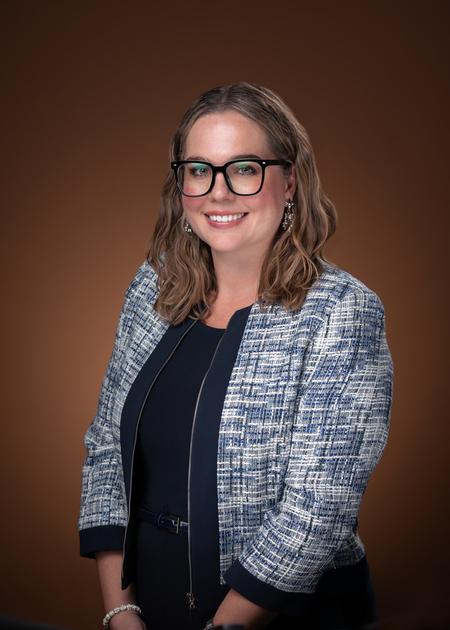Field Manual
BSW Practicum Educational Manual
The Dalton State College Bachelor of Social Work Field Education Program seeks to provide the highest quality field learning experience for students. The field experience is designed to provide structured learning with qualified guidance and support. Students shadow and observe, ask questions, and engage in discussion during the junior practicum and first semester of senior practicum. Second semester senior practicum provides more sophisticated practice experience including some independent client work with close supervision. The outcome is the development of professional generalist social work skills which transfer to the employment setting upon graduation.
Dalton State contracts with a number of host agencies which represent many practice fields. These agencies provide important core social services to clients in need and excellent educational experiences for our social work students. Students must be admitted to senior field, and will complete a field application and interview as part of SOWK 3400 (Junior Integrative Seminar). Student preferences for placement are considered. Students must have professional liability and health insurance to enter practicum and will complete criminal background checks and substance screens as required by individual agencies.
The junior practicum is completed as a requirement of SOWK 3400 (Junior Integrative Seminar). It is a 50- hour experience over a five-week period during the spring semester. The senior practicum occurs during the student’s graduating year and includes 15 hours per week in the field and an additional five hours in professional social work training activities on campus with faculty. The senior practicum experiences are completed as a requirement of SOWK 4998 and 4999 Field Practicum I and II. Additionally, students are enrolled concurrently in SOWK 4995 and 4996, Integrative Seminar and Advanced Integrative Seminar. One of the primary functions of seminar is to assist students in integrating what they have learned in the classroom with their observations and practice decisions in the field.
Students are provided maximum support through their field experiences. In addition to guidance from the seminar and support from peers, students are supported by their assigned field instructors who either work in the host agency or have knowledge of the services. Field instructors must hold either the Bachelor of Social Work or the Master of Social Work degree and have two years post-degree work experience. Field instructors receive required training from the Director of Field Education on campus each semester. They meet with students every week in a structured, supportive, and nurturing effort designed to maximize the learning experience.
The field education experience is the capstone of learning for Dalton State BSW students. Most students thrive in their field experience. Many BSW graduates remember their field experiences as the most important aspect of their social work education. All agree that experiential learning leads to professional growth and the development of generalist social work skills.


